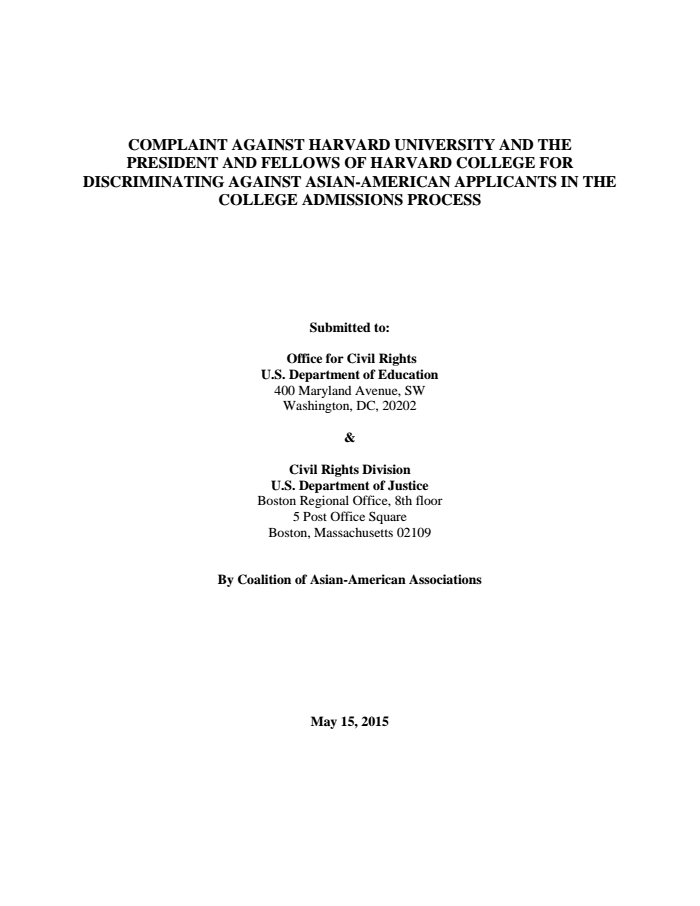Dozens of Asian American groups filed a federal discrimination complaint against Harvard University Friday, alleging racial discrimination in the admissions process.
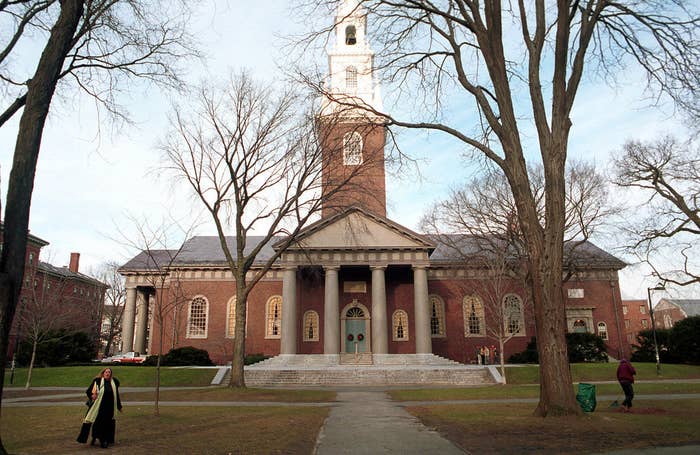
The complaint contends that Asian-American applicants to Harvard and other Ivy League colleges who fit or exceeded the criteria for admission were being rejected solely based on their race.
According to the complaint:
"Many Asian-American students who have almost perfect SAT scores, top 1% GPAs, plus significant awards or leadership positions in various extracurricular activities have been rejected by Harvard University and other Ivy League Colleges while similarly situated applicants of other races have been admitted.
... In recently [sic] years these trends have become more and more severe. They are widely reported by various Asian-American web bloggers and other media."
"It is well known that Asian-American [college] applicants have to score higher points than white students to be considered for admission," Swann Lee, President of the Boston Forward Foundation and one of the original members of the group behind the complaint, told BuzzFeed News. "They're a minority. It just doesn't make sense that they are supposed to score higher than the majority population in this country."
The complaint is directed primarily at Harvard's undergraduate division. It was filed with the Office for Civil Rights in the Department of Education, as well as the Civil Rights Division of the Department for Justice.
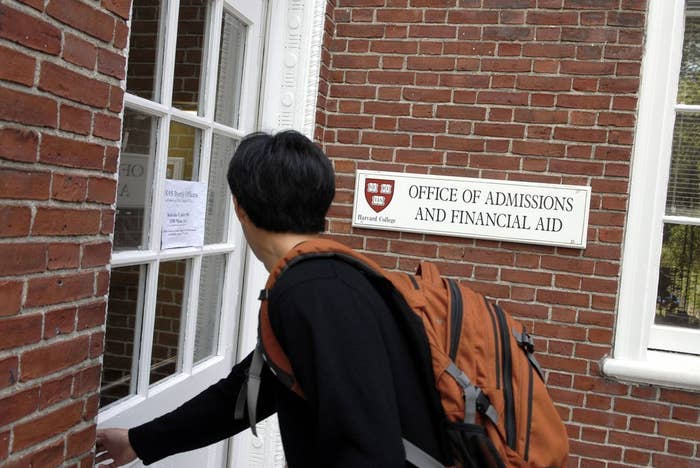
The complaint came not from student groups, but organizations for Asian-American parents or activists from across the country.
Chinese-American groups comprised the majority of the 64 organizations in the "Coalition of Asian-American Associations," though Indian, Pakistani, and Korean groups were included as well.
A large portion of the Coalition's complaint was devoted to the debunking of Asian-American stereotypes, which the coalition says they consider a large contributor to Harvard's discrimination.
According to the complaint:
"It is a great irony that while America's economy needs Asian immigrants whose educations were built upon a proper emphasis on academic performance, some American newsmedia and individuals blame Asian-American students for putting too much emphasis on academics, creating the social stereotype that Asian-American children are 'nerds.'"
Lee, who has two young children, remarked on the vicious cycle these stereotypes create. "I don't feel my son is smarter than kids of other races," she said. "He doesn't like studying ... he likes to play. But eventually he will have to spend more time studying than his peers, just to have the same opportunities. How can that be fair?"
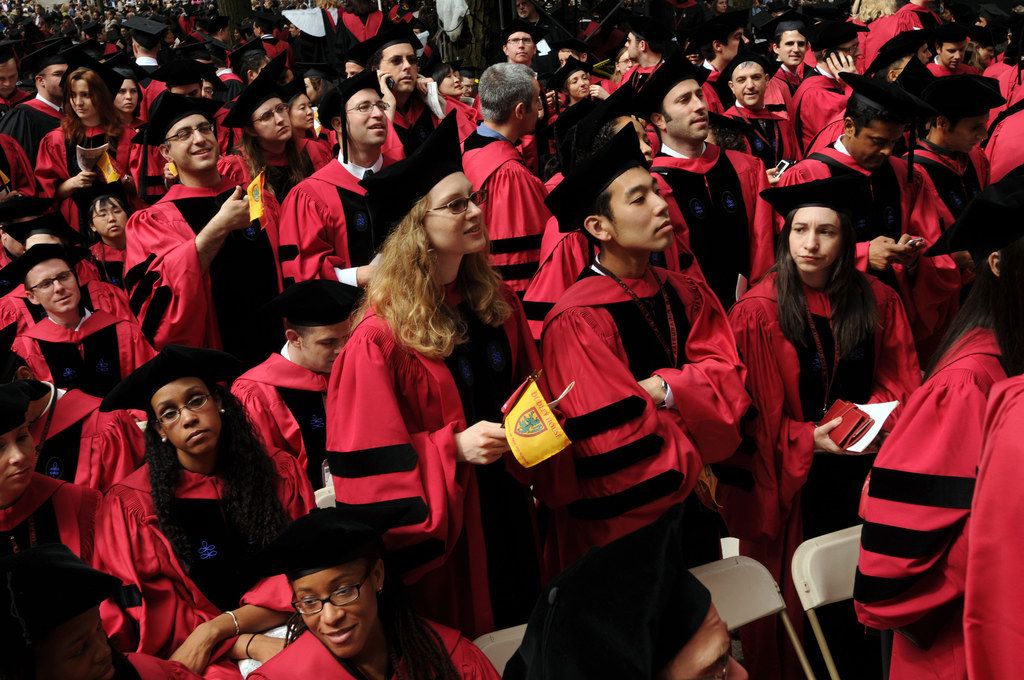
This year, Asian-Americans were the largest minority group admitted to Harvard's incoming freshman class, comprising over 21% of the class of the class of 2019.
"[W]ithin its holistic admissions process, and as part of its effort to build a diverse class, Harvard College has demonstrated a strong record of recruiting and admitting Asian American students," Harvard General Counsel Robert W. Iuliano wrote in a statement issued to the Harvard Crimson on Friday. "Our approach to admissions is fully lawful remains true today."
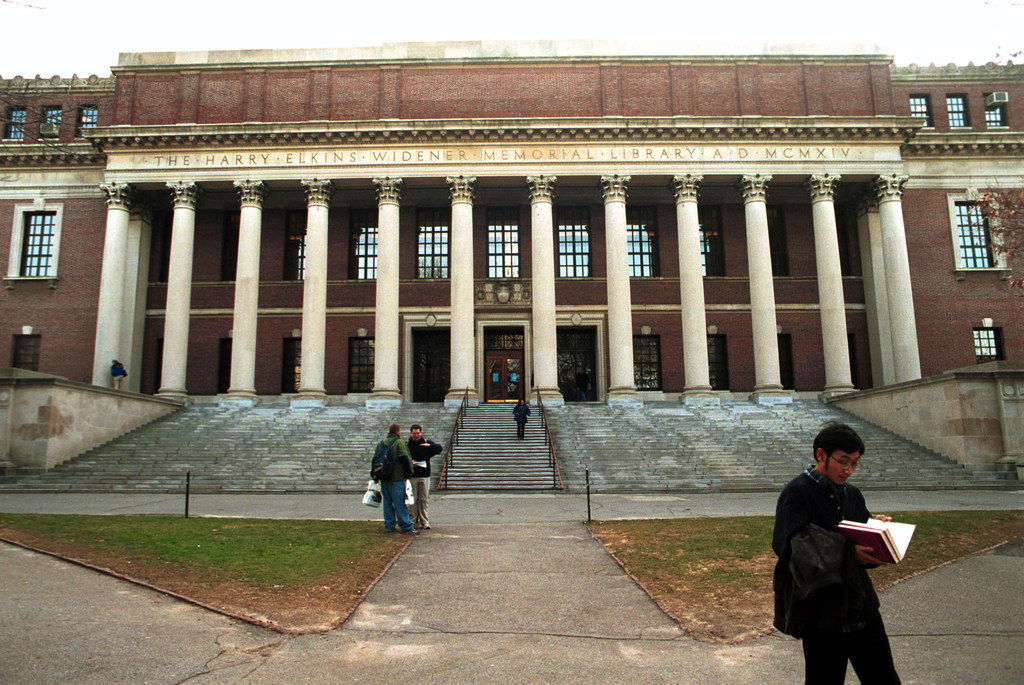
The 50-page complaint cites writings and studies on the subject of the politics of Ivy League college admissions, including the book No Longer Separate, Not Yet Equal: Race and Class in Elite College Admission and Campus Life by Alexandra Radford and Thomas J. Espenshade.
Espenshade, who is a sociologist at Princeton, told the The Harvard Crimson that Asian-American applicants to Ivy League schools do seem to face an admissions disadvantage when controlling for other factors. Yet, he said he "[stops] short of saying that Asian-American students are being discriminated against in the college application process because we don't have sufficient empirical evidence to support that claim."
Without access to materials such as college essays or teacher recommendations, Espenshade said, it is impossible to say whether this disadvantage is solely based on race.
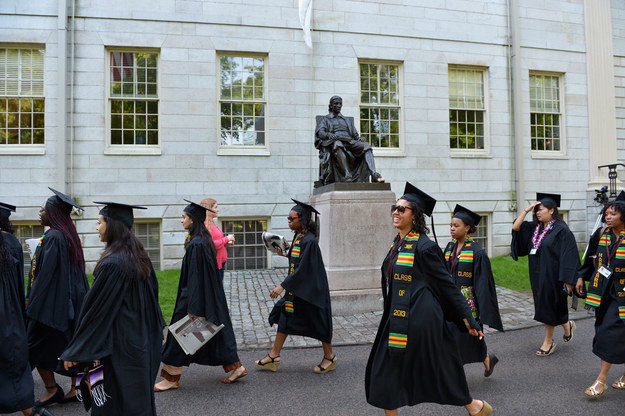
This is the second dsicrimination complaint filed against Harvard by Asian American groups this month.
Last month, the legal defense group Project Fair Representation filed a lawsuit against Harvard on behalf of a student group called Students for Fair Admissions, alleging the same racial bias as the Coalition of Asian American Associations.
These accusations are not new. In the early 1990s the Justice Department closed an investigation into whether or not Harvard had an "Asian quota," similar to its well-known "Jewish quota" of 1925. After being found not guilty, Harvard's rate of Asian-American enrollment decreased about 5% over the following decade.
In the past three years it has quickly increased, exceeding its pre-'90s admission rate. The data used in the Coalition's complaint ends in 2013, just after the upward turn of Asian-American enrollment rates.

